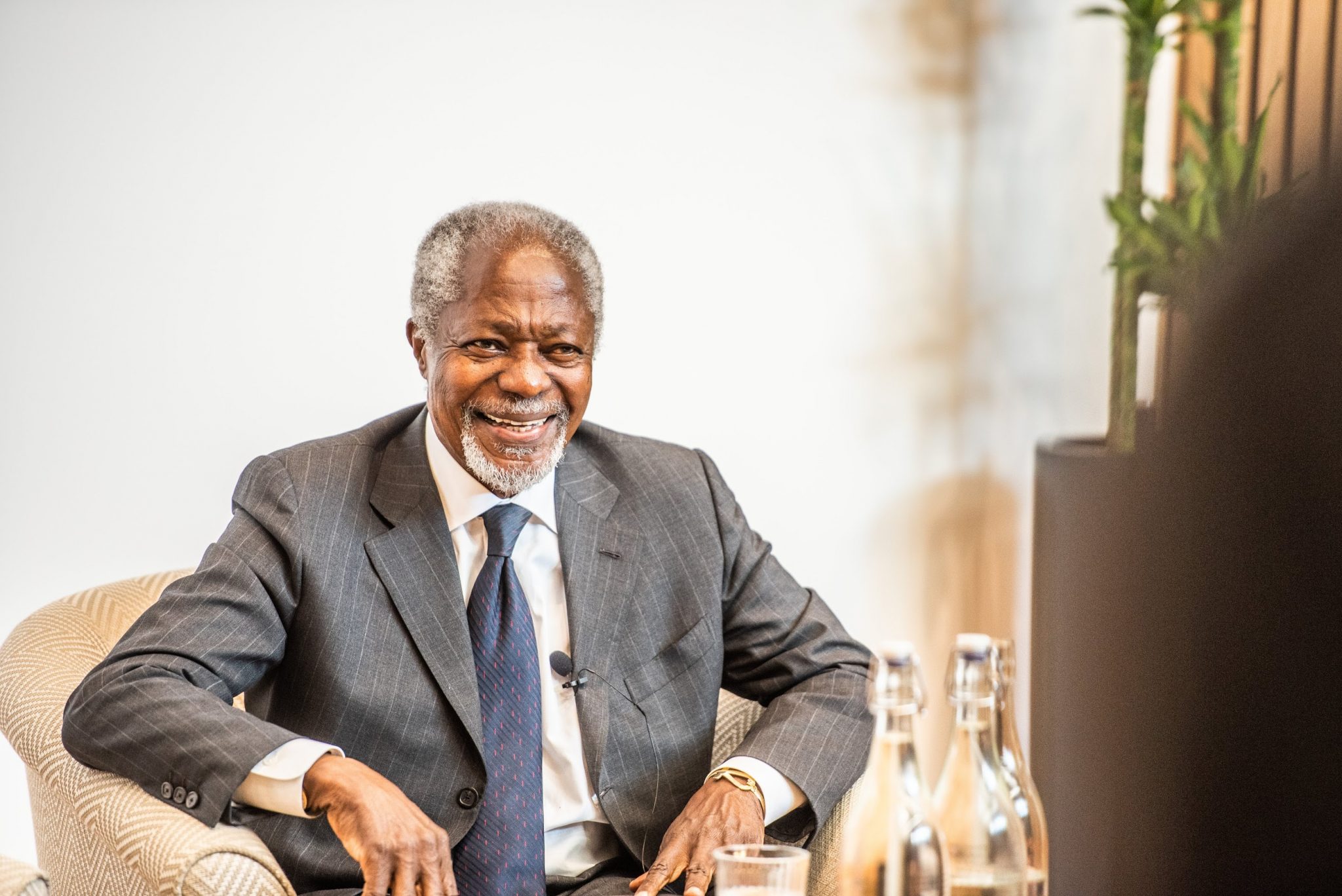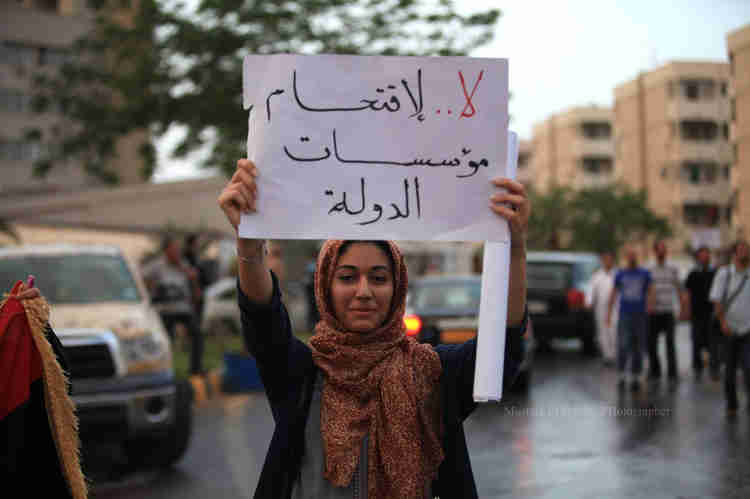UN seeks better data on hurricanes, droughts
“We cannot hope to manage climate change unless we measure it accurately,” Annan told 1,500 officials, diplomats and scientists as a weeklong U.N. meeting opened on adapting to climate change.
By ALEXANDER G. HIGGINS (AP)
GENEVA — The world needs more innovative projects — like putting weather stations on cellular phone towers across Africa — to help it better predict the increased hurricanes, tsunamis, droughts and floods that climate change will bring, Kofi Annan said Monday.
The former U.N. chief was referring to a new system that brings more accurate weather information to farmers and fishermen in five African nations.
“We cannot hope to manage climate change unless we measure it accurately,” Annan told 1,500 officials, diplomats and scientists as a weeklong U.N. meeting opened on adapting to climate change.
The World Climate Conference in Geneva is seeking to help developing countries generate better data on their own changing climates and share that information with other countries.
This week’s meeting will not discuss the controversial issue of cutting carbon emissions — those talks will come in Copenhagen, Denmark, in December.
In a keynote speech, Annan said wealthy countries must provide large amounts of money, knowledge and equipment to the developing world.
He suggested a model should be the project announced in June by his Global Humanitarian Forum to install automated weather stations on mobile phone towers across Africa.
Weather data will be fed into national — and global — networks and sent back to farmers, fishermen and others on Africa’s rapidly expanding cell phone system, alerting “them to storms which threaten crops, livestock and lives,” Annan said.
Annan’s project began with the installation of 19 stations in East Africa’s Lake Victoria region, taking advantage of the security, maintenance and electrical power already provided for the towers.
Phone towers in almost every part of Africa already greatly exceed the continent’s traditional weather monitoring systems, Annan said.
The project, which will cost $9 million for complete coverage of Kenya, Tanzania, Uganda, Burundi and Rwanda by 2012, has the backing of wireless equipment maker LM Ericsson and mobile company Zain. The long-range goal is to install 5,000 automatic weather stations on towers across Africa.
“Around the world, the costs for adapting to climate change will run to several tens of billions of U.S. dollars every year, with more than half of the expenditure being required in developing countries,” said Swiss President Hans-Rudolf Merz.
Merz said better weather forecasts and hazard maps “could also prevent deaths and reduce the extent of the damage.”
“What we need is a formal system that all people can trust to access vital information that can save their lives and protect property and economies,” said Michel Jarraud, head of the U.N.’s World Meteorological Organization.
He noted that hydrological networks in Africa are “totally insufficient” and that “many water basins are managed without any information about precipitation and runoff.”
A large U.S. delegation is attending the conference, eager to highlight the new Obama administration’s commitment to combatting climate change.
Jane Lubchenco, administrator of the U.S. National Oceanic and Atmospheric Administration, said decision-makers need reliable information about the current and projected impacts of climate change but many countries lack even basic weather information.
The Geneva conference will set up a task force to determine what each country can do to create a global network that makes sure early warnings for tsunamis and hurricanes reach everyone.
Governments across the globe are facing a December deadline for separate U.N. talks aimed at forging a new accord to replace the 1997 Kyoto Protocol on reducing greenhouse gases blamed for global warming and climate change.
Organizers of the Dec. 7-18 U.N. meeting in Copenhagen hope to reach an agreement on limiting the warming of the Earth’s temperature to 2 degrees Celsius (3.6 degrees Fahrenheit) above levels 150 years ago.



